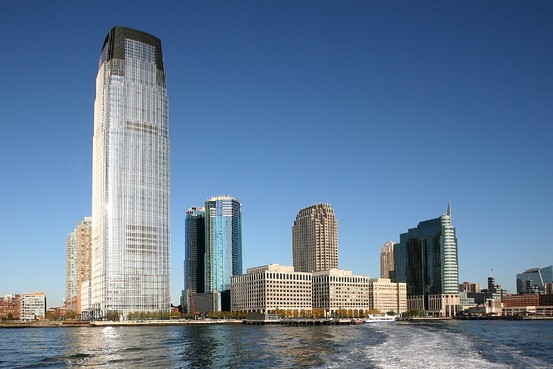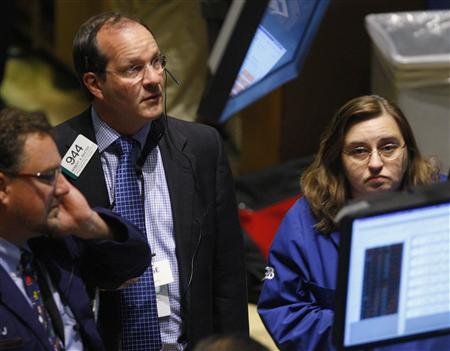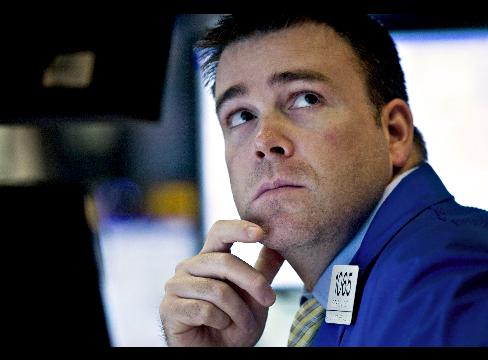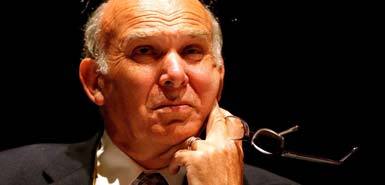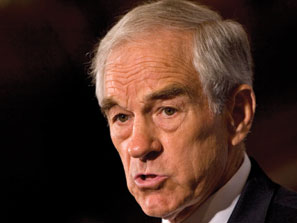
Ron Paul, whose libertarian-leaning candidacy for the Republican presidential nomination spurred millions of supporters, says the federal government could do much to repair the economy short of regulating.
While running for the Republican presidential nomination, Rep. Ron Paul of Texas frequently sounded the alarm regarding the nation’s fiscal health. Years ahead of the current economic crisis, Paul was questioning the nation’s debt level, now an acutely pressing issue amid all the recent stock market volatility.
With the Treasury Department and the Federal Reserve rapidly moving toward more government intervention in the marketplace while trying to stabilize the nation’s banks and shore up its financial institutions, Paul has argued for a hands-off approach. He opposed both versions of the financial rescue plan that came before the House – the first one, which was rejected, and the second, which was passed and signed into law.
Politico’s David Mark interviewed the 10-term congressman, who has still not endorsed Republican John McCain for president. Here are some excerpts.
Q: With the stock market still in flux and the risk of massive financial failures growing, what’s the worst-case economic scenario you envision over the next couple of years?
A: The worst part could be that this would linger for a decade or more. In fact, a very serious recession or depression is on schedule. You cannot avoid it. Eventually it has to come, but it doesn’t have to end badly. We could take our lumps, save money, pay our bills, restore liberty, and in a year we could have the most booming economy ever. But it would take a complete change in attitude.
If we continue to believe it’s freedom, capitalism and private markets that are the problems, we’re in for very bad times.
Read moreRon Paul: We could take our lumps, save money, pay our bills, restore liberty, and in a year we could have the most booming economy ever
